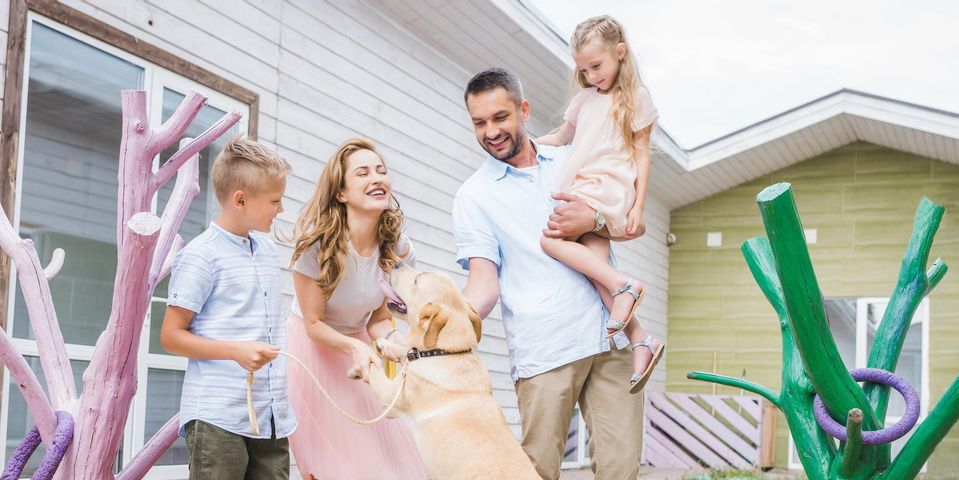5 Crucial Veterinary Services When Adopting a Dog

Welcoming a furry friend into the family is a rewarding and life-changing step. However, you shouldn't let the excitement overshadow your new dog's need for veterinary care. While adoption organizations provide some of the must-have treatments, others require a visit to the local pet hospital. Below is a closer look at each service.
Why Should You Take a Dog to the Veterinarian After Adoption?
1. Vaccinations
Vaccines are vital to protect your pet from the biggest dangers to their species. The standard preventative shots that should get yearly include distemper, parvo, rabies, and hepatitis. There are also optional animal vaccinations given depending on the circumstances. For instance, veterinarians recommend the bordetella shot for any pet owners planning to board their dog.
Most rescues make sure the dog has proper vaccination records before adoption. However, puppies may need additional appointments before their first birthday. More than likely, you must also handle any non-standard vaccinations.
2. Spaying or Neutering
There are more than 3 million dogs in shelters in the U.S., and roughly 670,000 of those animals will be euthanized. Fixing pets is the key to reducing these numbers. Many animal shelters include the cost of spay and neuter services in their adoption fee and require the procedure before releasing adult dogs to you. However, puppies must wait until they are six to nine months old.
 3. Microchipping
3. Microchipping
The thought of losing your new family member is hard to imagine. Thankfully, microchipping is a quick and simple procedure that offers long-term benefits. Chipped dogs return to their owners over 50% of the time, as it allows animal services to find the owner easily. If the rescue doesn't provide this before you bring them home, put it at the top of your to-do list.
4. Wellness Exam
Even if the adoption organization provided vet care, they're usually strained on time and resources. For that reason, you should visit a pet hospital for a thorough examination. Pet wellness testing can identify and treat potential health issues, like parasites, diabetes, and periodontal disease, before they become a significant problem for your dog.
5. Pest Treatment
Fleas and ticks not only cause discomfort with their bites, but they also carry parasites and diseases. To protect your new family member's health, you should utilize preventative pest treatments year-round. Mosquitos are another concern as they're the primary source of heartworm transmission in dogs. For that reason, canines need a flea and tick medication that also targets mosquitos.
Are you adopting a new dog? Keep them happy and healthy with the assistance of Alexandria Pike Animal Hospital in Campbell County, KY. Cat and dog owners across northern Kentucky and Cincinnati, OH, have been relying on the pet hospital for dependable and compassionate care since 1956. Review their full list of services online, and book an appointment today at (859) 781-1800.
About the Business
Have a question? Ask the experts!
Send your question

